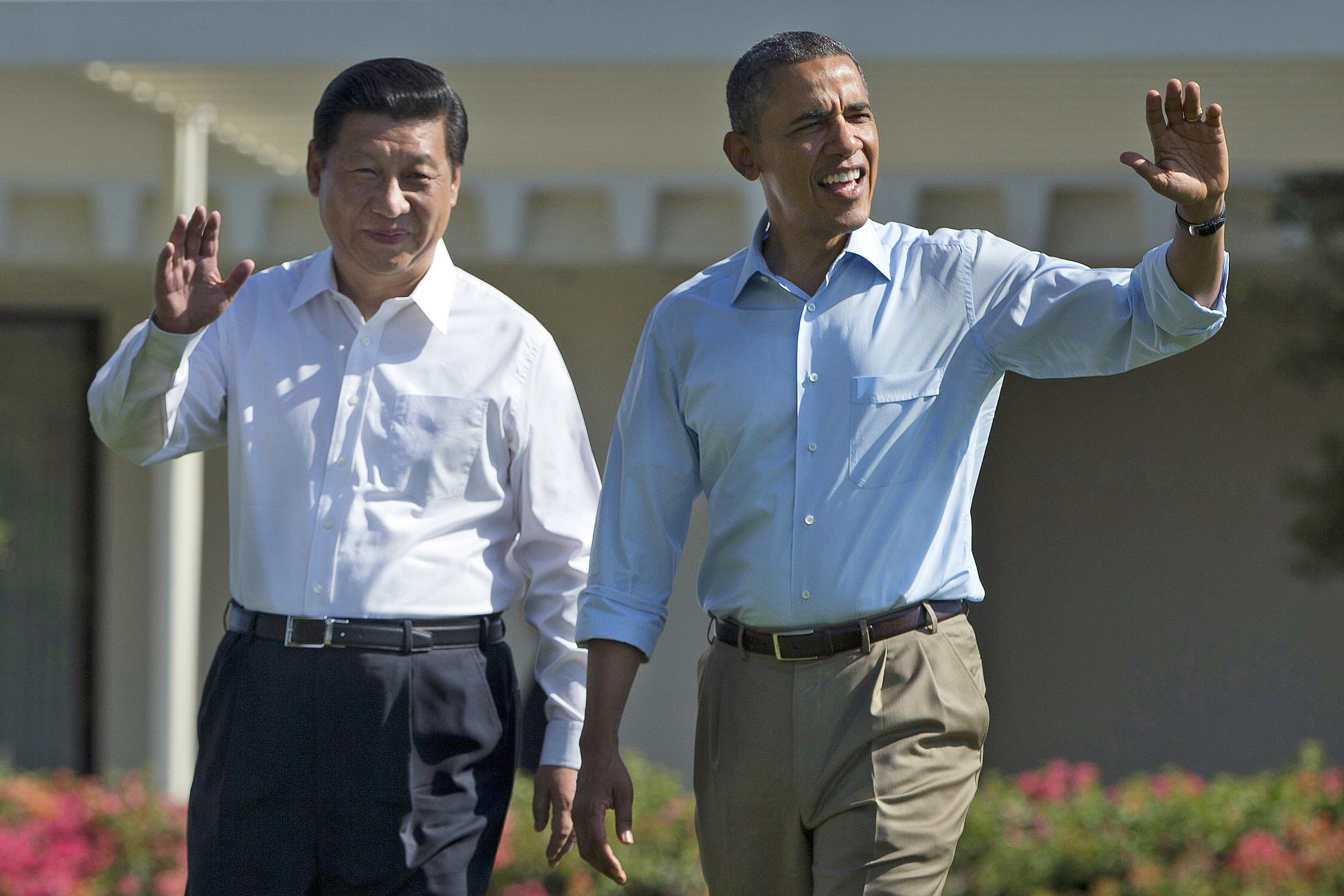In early November, China's most powerful man, Xi Jinping, stepped into a rustic farmhouse while on an inspection tour in far-flung Hunan province. The occupants' sole electrical appliance, a fluorescent light bulb, burned overhead. Shi Pazhuan, the family matriarch, was confused. "What should I call you?" she asked — in Chinese, a cordial way of asking who he was.
Xi shrugged off the unintended slight. He asked for the woman's age, heard that she was 64, and grasped her hand. "You are an elder sister to me," he said. State media immediately reported the encounter — it seemed perfectly to capture the 60-year-old Chinese president's down-to-earth leadership style, his warm personality and his affection for the rural poor.
Three weeks later, China suddenly and unilaterally declared administrative control over a swath of airspace in the contested East China Sea, sparking an international crisis. Japan, South Korea and the U.S. defied the rising superpower by spontaneously sending aircraft into its newly formed air defense identification zone; China claims it scrambled fighter jets in retaliation. Tensions are still simmering. Analysts say that Xi himself, also head of the country's military, was almost certainly behind the move.


















With your current subscription plan you can comment on stories. However, before writing your first comment, please create a display name in the Profile section of your subscriber account page.